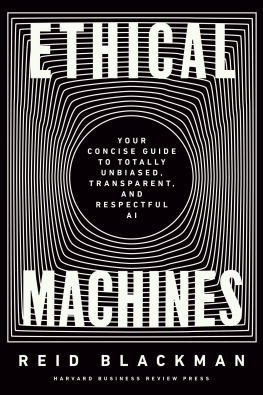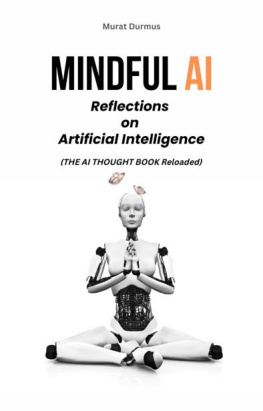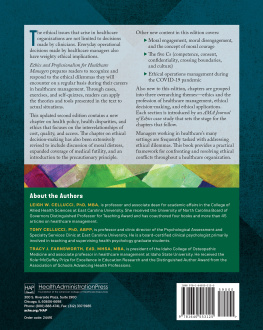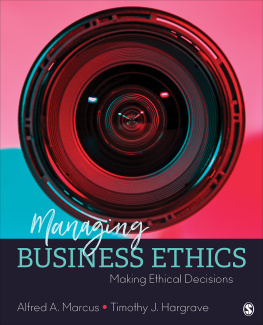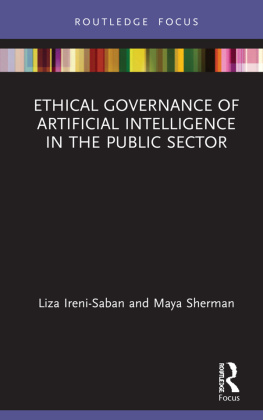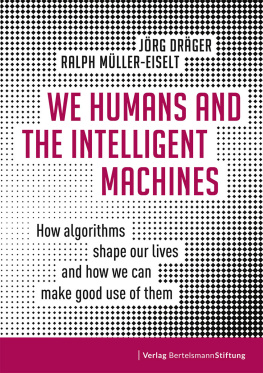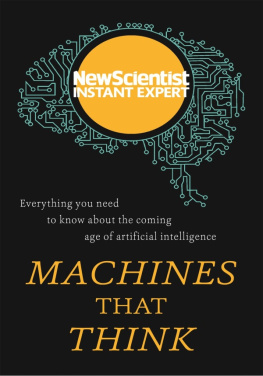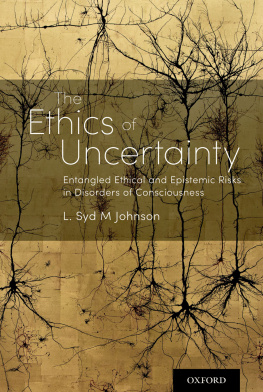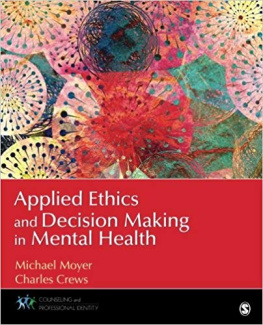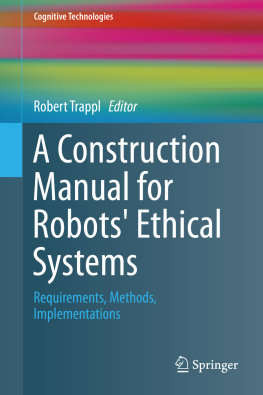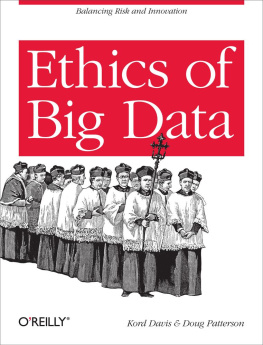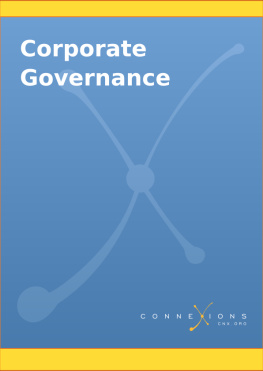Reid Blackman - Ethical Machines: Your Concise Guide to Totally Unbiased, Transparent, and Respectful AI
Here you can read online Reid Blackman - Ethical Machines: Your Concise Guide to Totally Unbiased, Transparent, and Respectful AI full text of the book (entire story) in english for free. Download pdf and epub, get meaning, cover and reviews about this ebook. year: 2022, publisher: Harvard Business Review Press, genre: Politics. Description of the work, (preface) as well as reviews are available. Best literature library LitArk.com created for fans of good reading and offers a wide selection of genres:
Romance novel
Science fiction
Adventure
Detective
Science
History
Home and family
Prose
Art
Politics
Computer
Non-fiction
Religion
Business
Children
Humor
Choose a favorite category and find really read worthwhile books. Enjoy immersion in the world of imagination, feel the emotions of the characters or learn something new for yourself, make an fascinating discovery.
- Book:Ethical Machines: Your Concise Guide to Totally Unbiased, Transparent, and Respectful AI
- Author:
- Publisher:Harvard Business Review Press
- Genre:
- Year:2022
- Rating:3 / 5
- Favourites:Add to favourites
- Your mark:
Ethical Machines: Your Concise Guide to Totally Unbiased, Transparent, and Respectful AI: summary, description and annotation
We offer to read an annotation, description, summary or preface (depends on what the author of the book "Ethical Machines: Your Concise Guide to Totally Unbiased, Transparent, and Respectful AI" wrote himself). If you haven't found the necessary information about the book — write in the comments, we will try to find it.
What will you do when your AI misbehaves?
The promise of artificial intelligence is automated decision-making at scale, but that means AI also automates risk at scale. Are you prepared for that risk?
Already, many companies have suffered real damage when their algorithms led to discriminatory, privacy-invading, and even deadly outcomes. Self-driving cars have hit pedestrians; HR algorithms have precluded women from job searches; mortgage systems have denied loans to qualified minorities. And often the companies who deployed the AI couldnt explain why the black box made the decision it did.
In this environment, AI ethics isnt merely an academic curiosity, its a business necessity. In Ethical Machines, Reid Blackman gives you all you need to understand AI ethics as a risk management challenge. Hell help you build, procure, and deploy AI in a way thats not only ethical but also safe in terms of your organizations reputation, regulatory compliance, and legal standingand do it at scale.
And dont worrythe books purpose is to get work done, not to ponder deep and existential questions about ethics and technology. Blackmans clear and accessible writing helps make a complex and often misunderstood concept like ethics easy to grasp. Most importantly, Blackman makes ethics actionable by tackling the big three ethical risks with AIbias, explainability, and privacyand tells you what to do (and what not to do) to mitigate them.
With practical approaches to everything from writing a strong statement of AI ethics principles to creating teams that effectively evaluate ethical risks, Ethical Machines is the one guide you need to ensure your AI advances your companys objectives instead of undermining them.
Reid Blackman: author's other books
Who wrote Ethical Machines: Your Concise Guide to Totally Unbiased, Transparent, and Respectful AI? Find out the surname, the name of the author of the book and a list of all author's works by series.

